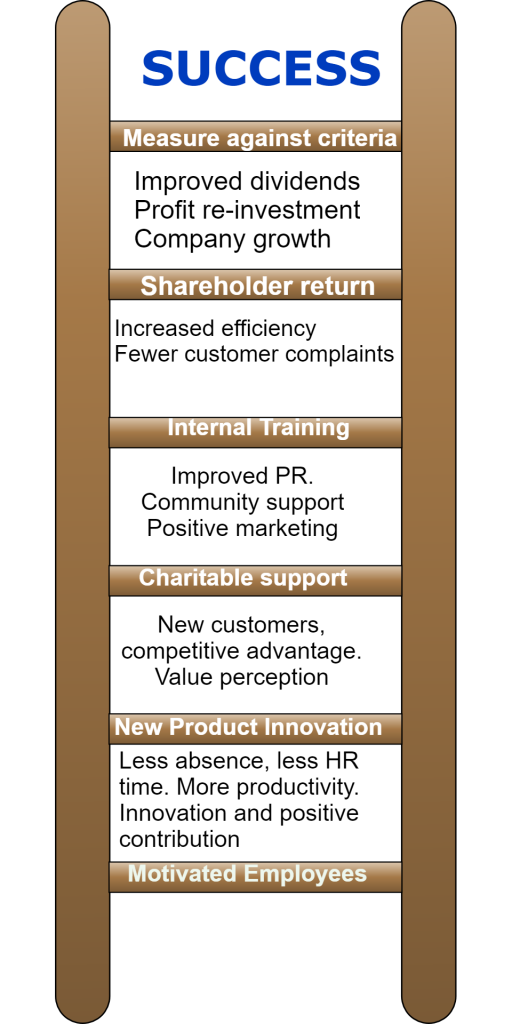We are all in some form of competition– with each other, with ourselves, with other’s expectations, with other businesses. So, if we are competing, then, naturally, the idea is to win. Or is it? Winning in a race means crossing the line first doesn’t it? Or throwing a javelin the farthest, breaking records if you are an Olympian. Hang on, not all records were broken at Rio and many of the bronze medallists were overcome with delight, without being the out and out winner.
Winning and success are different- so what does success mean?
In a perfect world, we set our own boundaries and we define our own success. This world is far from perfect. Often our success feels as if it has been predetermined by others. As children we learn by pushing against boundaries, by testing the rules. As adults, somehow we forget this. As business owners we compete with not just other business, but are influenced by our own definitions of success.
If winning is crossing the line first, how is success different? Most business would say “look at the bottom line” and define success through profit. However, that is simplistic. A non-profitable business will, eventually, fail, the very opposite of success. Yet, profit comes in many shapes and sizes and the road to profit has many turns and junctions. Yes, the bottom line is what you are left with. How you get there is a different story.
When asked what success means to you – 62 business owners had some surprising answers
“Success means I’m at liberty to help others reach THEIR success, instead of worrying about my own.”- Chris Brogan, President, New Marketing Labs LLC
“Success, for me, isn’t measured through superficial metrics such as money. Rather, I believe success is measured through the positive impact you have on the lives of others. For example, think about what the founders of the internet brought to the world, or the team behind Google and Apple, who are revolutionizing technology and simultaneously touching lives. That is how I define success.” – Mo Al Adham, co-founder of TwitVid.com.
http://under30ceo.com/62-business-leaders-answer-what-does-success-mean-to-you/
What does success mean to you as a company?
Business leaders may have been talking about what success means to them personally, but they deliver that success through their companies. If success is an objective, it needs defining. In the same way that a business sets smart objectives that hopefully are understood by all, it needs to identify its’ success criteria. This is especially important in the face of competition. The danger of always looking to your competition is that you end up following instead of leading.
If you think of success as a ladder it is easier to define your success criteria. Each rung is a step on the journey to your ultimate goal, which is not simply profit, but what you can then do with that profit.
An example is below
Understand what success means to you – not others
It can be a lonely furrow we plough when we have a vision that others don’t understand. It can be tempting to be swayed by others opinions on how your business should develop and what the criteria for success should be.
For Olympic athletes, beating the competition for that gold medal is the culmination of four years’ hard work. Depending where they are in their career, they may be happy with achieving their personal best. Content to make a step forward, looking towards Japan 2020 for the glory result.
For a business owner, under pressure from competition, sticking to their own game plan can be tough. There are so many people to please when you run a business; investors, employees, colleagues; customers. There is no single gold medal and no glory goal; it is a continuous process of improvement.
If you allow yourself to get spooked by competitive activity you run the risk of forever being in reactive mode. Look at the long term plan. Competitors may gain a temporary advantage by charging ridiculously low prices but it will be short lived. Cost cutting, quality compromises and reduced customer service are not sustainable models for long term growth. A strong foundation of smart objectives, clear goals and a focus on quality and loyalty will help a business ride the storm of competitor activity. This does not mean never changing. We can learn from competitors, take what we learn and then do it better. By understanding what success means to you and your company you can align the work you do to meet those goals. That is what true success looks like.


